At the discussion session on the Draft Resolution stipulating a number of unique and outstanding mechanisms and policies to create breakthroughs in education and training development, National Assembly delegate, Prof. Dr. Nguyen Thi Lan (Hanoi Delegation) expressed her appreciation for the efforts of the drafting agency in proposing many new solutions, modern approaches and high feasibility.
Ms. Lan said that this draft clearly demonstrates innovative thinking, from human resource development mechanisms to program design and science and technology policies.
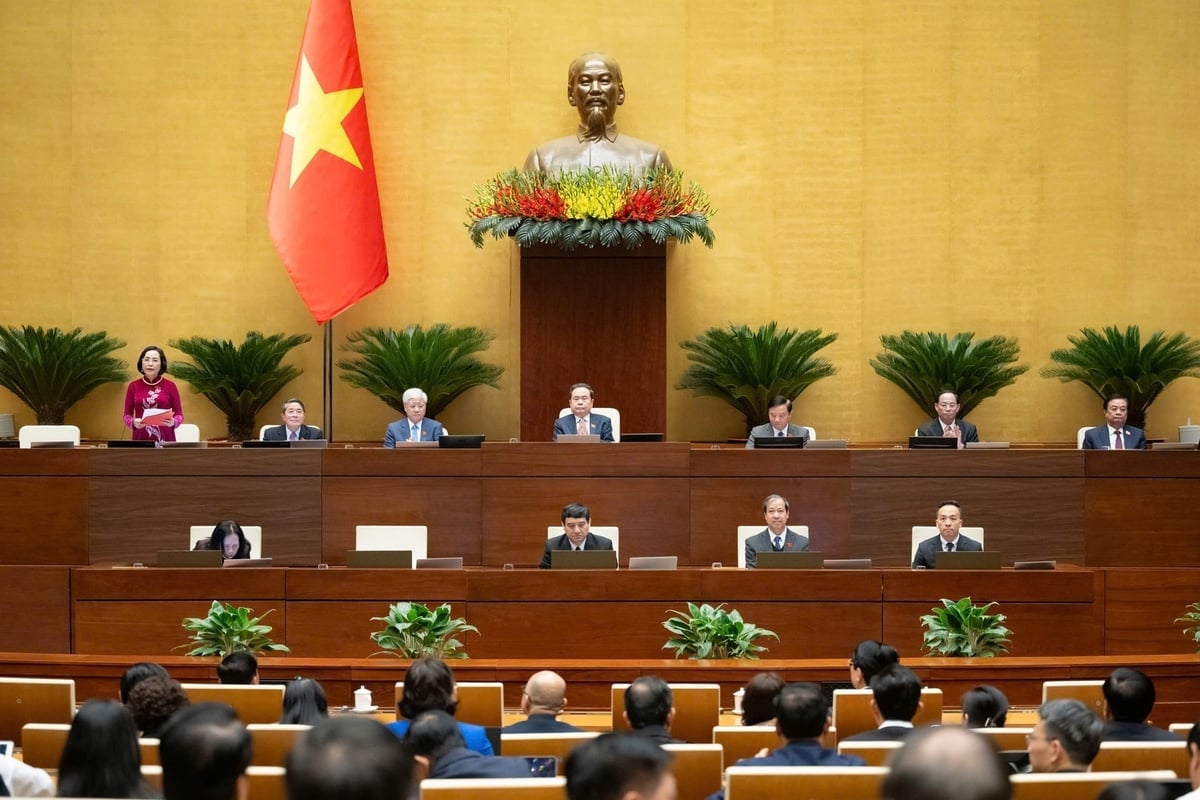
The National Assembly discussed the Draft Resolution stipulating a number of specific and outstanding mechanisms and policies to create breakthroughs in education and training development. Photo: Quochoi.vn
Many important innovations in human resource development and educational programs
According to the delegate, the human resource development mechanism is designed to be more flexible when the Director of the Department of Education and Training is given more autonomy in managing the team, and vocational and university education institutions are given more autonomy in personnel. Along with that, the teacher remuneration policy is improved in a more practical direction, with preferential allowances of 70% - 100% and an increased autonomy mechanism for spending additional income. "This is an important innovation, removing long-standing obstacles and improving the status and life of the teaching staff," she emphasized.
The draft also proposes many improvements in the development of educational programs and services such as: receiving advanced international programs through simplified procedures, free textbooks according to the roadmap, and free tuition for national defense and security education. These policies, according to delegates, are "humane, reduce the burden on learners and are suitable for integration requirements".

Prof. Dr. Nguyen Thi Lan (Hanoi Delegation) speaks at the National Assembly. Photo: Quochoi.vn .
Regarding science, technology and innovation, the draft allows for capital contributions in the form of intellectual property, the formation of spin-off enterprises, and the expansion of cooperation with enterprises, while giving priority to investment and land funds for educational institutions. These are important factors for universities to become centers of innovation and have more resources for sustainable development.
Policy gaps for agriculture, forestry and fishery sectors
Although highly appreciating the draft, National Assembly member Nguyen Thi Lan said there is still a "very notable policy gap", especially related to human resources for the agricultural sector and essential industries that are having difficulty attracting students.
She pointed out: while the draft gives many outstanding priorities to the fields of culture, arts, health and some other specific sectors, agriculture, forestry and fishery, an important pillar of the economy and food security, does not have a corresponding support mechanism.
Many core fields such as soil science, crop science, animal husbandry, plant protection, economics, agribusiness, rural development, agricultural extension, disaster prevention, or fisheries, forestry, post-harvest technology and water resources engineering are having difficulty attracting students, despite the huge demand from society and businesses. The main reasons come from the difficult nature of the profession, unattractive income and lack of strong enough policies.
Delegates said that many countries such as South Korea, Singapore, Israel, Australia and the EU have solved this problem with targeted scholarships, job commitments, training orders, vocational allowances, close ties with businesses and repositioning the image of the profession. When policies are strong and long-term, once “unattractive” professions can still attract many students.
From that reality, Ms. Lan proposed to immediately add in the resolution mechanisms such as targeted scholarships, preferential credits by industry, training orders, increased investment in laboratories and practice models, and at the same time promote cooperation between schools and businesses to ensure output.
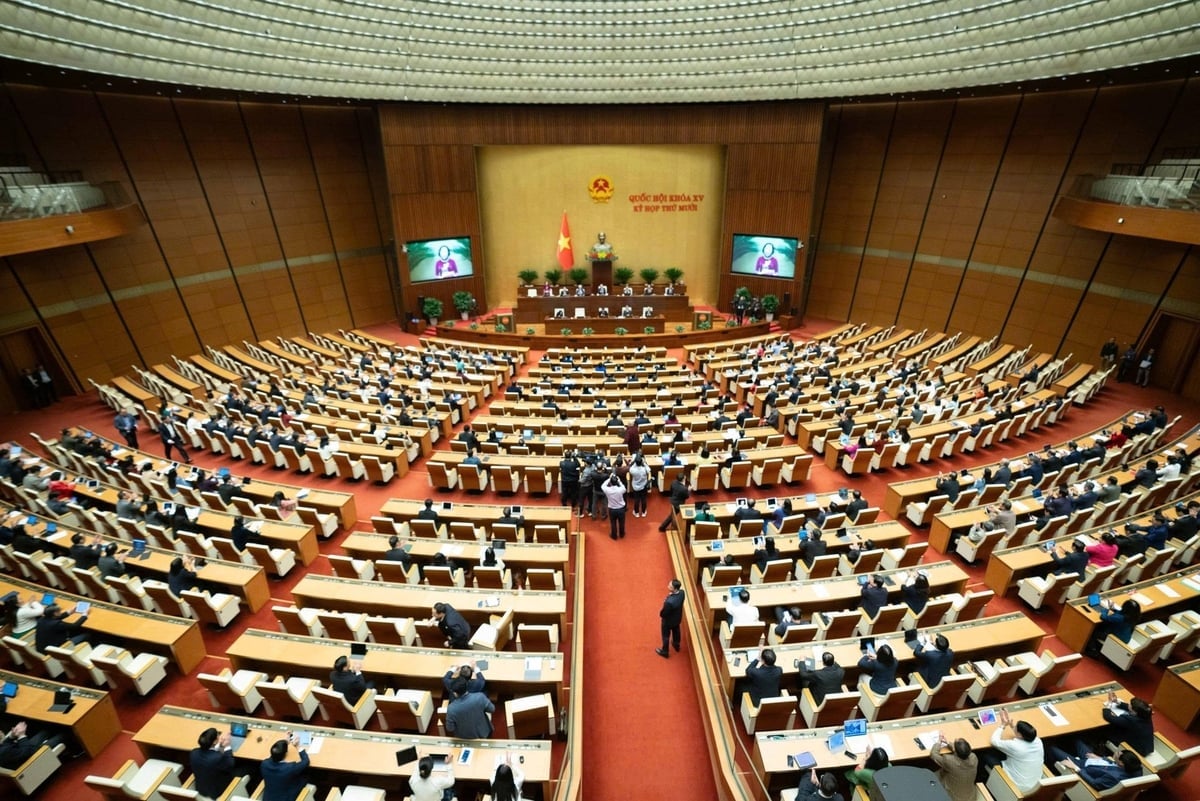
Overview of the meeting on November 20. Photo: Quochoi.vn
“Agriculture is the pillar, human resources must be given the right priority”
Another issue highlighted by the delegate is the lack of a mechanism to forecast human resource demand by industry. She pointed out the current imbalance between supply and demand, which is that many industries attract a large number of students but the labor market cannot absorb them all, while essential industries such as food security, resource management, disaster response, and sustainable agriculture are seriously lacking high-quality human resources.
The delegate cited the experiences of the EU, South Korea, and Singapore, where human resource forecasting systems help adjust enrollment effectively and orient resources to meet development needs. She proposed that the Government develop and periodically publish this forecast to serve as a basis for training planning.
National Assembly Deputy Nguyen Thi Lan emphasized that the resolution with its long-term vision and strong innovations will be an important foundation for education and training to make a breakthrough, while ensuring high-quality human resources for the country, especially in the agricultural sector, because that is the pillar of the economy.
Source: https://nongnghiepmoitruong.vn/dbqh-nguyen-thi-lan-can-co-che-dac-thu-thu-hut-nhan-luc-cho-nong-nghiep-d785508.html





![[Photo] Lam Dong: Panoramic view of Lien Khuong waterfall rolling like never before](/_next/image?url=https%3A%2F%2Fvphoto.vietnam.vn%2Fthumb%2F1200x675%2Fvietnam%2Fresource%2FIMAGE%2F2025%2F11%2F20%2F1763633331783_lk7-jpg.webp&w=3840&q=75)
![[Photo] National Assembly Chairman Tran Thanh Man holds talks with South Korean National Assembly Chairman Woo Won Shik](/_next/image?url=https%3A%2F%2Fvphoto.vietnam.vn%2Fthumb%2F1200x675%2Fvietnam%2Fresource%2FIMAGE%2F2025%2F11%2F20%2F1763629724919_hq-5175-jpg.webp&w=3840&q=75)
![[Photo] President Luong Cuong receives President of the Senate of the Czech Republic Milos Vystrcil](/_next/image?url=https%3A%2F%2Fvphoto.vietnam.vn%2Fthumb%2F1200x675%2Fvietnam%2Fresource%2FIMAGE%2F2025%2F11%2F20%2F1763629737266_ndo_br_1-jpg.webp&w=3840&q=75)
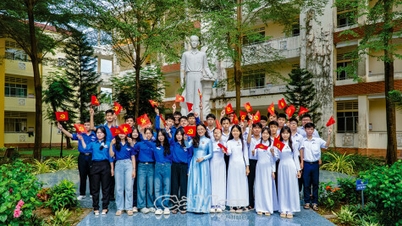

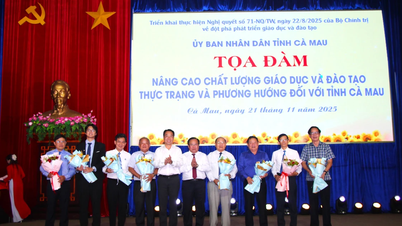




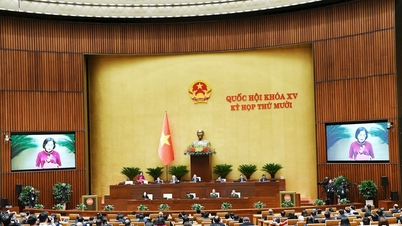

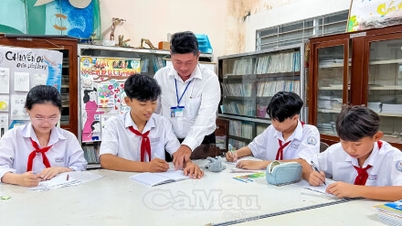





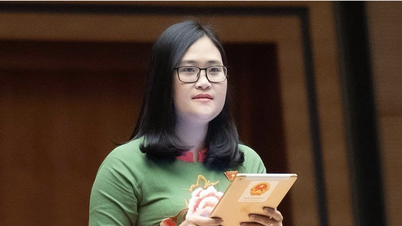








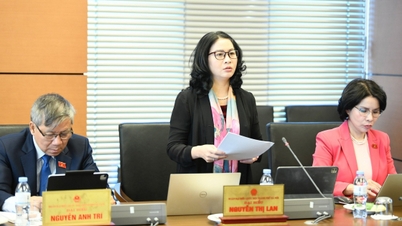
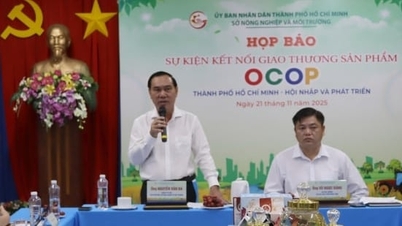



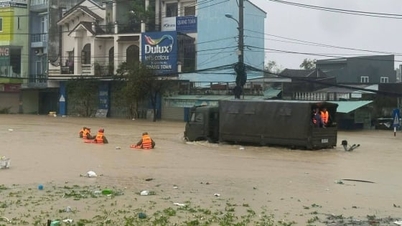

















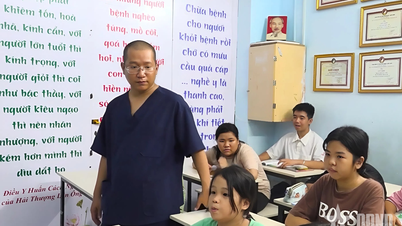

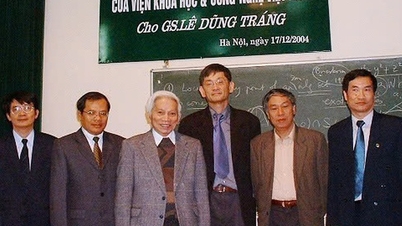























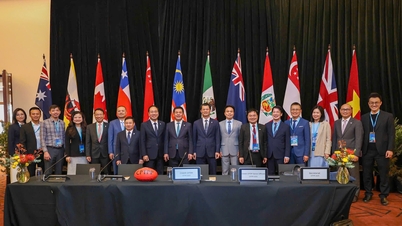

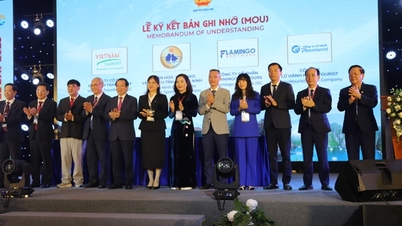

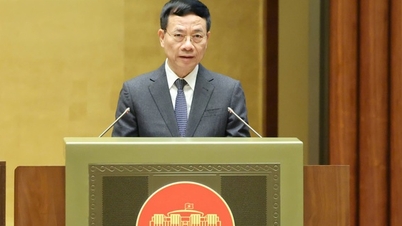






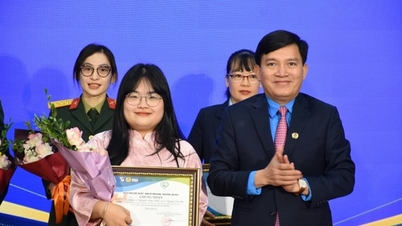
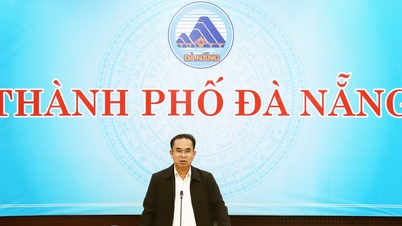















Comment (0)